Because of its durability, water resistance, and stain resistance, glass tile is often used for bathroom showers. Due to their treatment, tiles can withstand more wear and tear than marble or granite without losing their functionality or aesthetic appeal.
After several years of use, granite tiles tend to yellow, but glass tiles are scratch and stain resistant. Tile is one of the most popular flooring materials, especially in bathrooms, kitchens and entrances.
The flooring industry uses a wide range of tiles, each of which has its own advantages and disadvantages. In addition to beauty, the tiles are also examined in terms of moisture absorption capacity.
Water absorption is the most important factor in determining where and how to use certain types. The permeability of the tile to water is significantly affected by its resistance to different conditions. Several categories of absorption include:
– This glass tile has a water absorption rate between 0.5 and 3.0% and high density.
– This is a semi-vitreous medium density tile with less than seven percent but more than three percent of silica.
– This non-vitreous tile has a low density because it absorbs more than 7.0% of its weight in water. This extra thick tile is impermeable and has a water absorption rate of less than 0.5%.
If this innovative material is intended for outdoor use, it must have a low water absorption rate to withstand environmental conditions such as rain and cold. In high-traffic areas such as the kitchen, the low absorption rate reduces food and beverage stains.
Ceramic tiles with a higher absorption rate are suitable for indoor use in low traffic areas. After a special process, the vitrified tile has very low porosity and therefore very low water absorption.
As a result, the tile is durable, long-lasting and stain-resistant. Using high quality glass tiles has many advantages over using authentic marble or granite tiles.

Although they often become more attractive over time, the vast majority of these factors relate to the tiles’ overall strength and durability.
The quality of glass tiles is guaranteed from the time they are made. Simply put, tiles that do not meet quality standards will not be sold or packaged. However, marble and granite are formed organically.
Depending on the quality of the materials used, certain tiles may be of higher quality than others. Consumers can use glass tiles for different purposes. Glass tiles are suitable for use in sprinklers, showers, wall coverings and flooring.
Because they don’t absorb water like granite or marble tiles, they often perform better in wet environments like bathrooms and kitchens. Additionally, glass tile is usually more difficult to install than marble or granite tile.
Installation of glass tiles only takes a few hours, and depending on the size of the tiled surface and the grout used, they may be ready to use in less than 48 hours.
This makes installation much easier for tile professionals and homeowners who want to use their homes as quickly as possible. Like marble and granite, glass tile is often very attractive.
The overall durability of the tile makes it practical, and the choice for a glossy finish makes it ideal for decorative purposes. Various forms of tiling may be glazed, providing more freedom in terms of colors and textures.
Often, flooring merchants and home appliance retailers carry it. When choosing a tile to use as flooring or in a wet environment, make sure it is suitable for these applications.
In general, floor tiles are thicker and can withstand pressure and weight better. Additional treatments may be applied to shower and sink tiles to increase their moisture resistance.

vitreous tile for floor
Glass ceramic floor tiles absorb less than 3% of their weight in water. It is often referred to as a frost-resistant tile and may be used outdoors, but not in freezing conditions, as this may cause the tiles to crack.
The density and compressive resistance of the tiles make them suitable for use in flooring. In addition to flooring, glass tiles may be used as wall coverings and in colorful and aesthetic mosaics.
They have a shiny, often colorful surface and a shiny, sticky underside. Glass tile designs that used to be limited to kitchens and bathrooms can now be used to beautify any residential or commercial environment.
Glass tiles are designed to absorb less moisture, making them a great option for bathrooms and areas near pools and fountains. Mosaic tiles are available in sheets that may be placed immediately on walls.
These are an attractive alternative to conventional bathroom wall coverings that require a water-resistant coating. Glass tile is ideally suited for high-traffic house entrances that must withstand various weather conditions.

This type of tile can withstand these conditions and convey a sense of quality because its surfaces are non-slip and durable. Before installing any tile, it is important to consult the manufacturer’s recommendations, as some glass tiles are not suitable for flooring applications due to their sensitive protective coating.
Glass tiles are composed of clay mixtures that are compacted and baked or baked at very high temperatures (2000°F or 1093°C) for up to 30 hours. This causes the tile to melt and fuse together like glass.
Historically, tiles were fired twice. The first firing or bisque was done without additional glaze, but the second firing had a glossy glaze.
The creation of a single-step method has made it possible to bake the body and glaze using the monocottura technique in the oven. According to the density of the tile, the glass tile has an absorption potential between 0.5% and 3%.
Installing this type of tile outside and exposing it to freezing and thawing cycles in cold weather may cause the tile or glaze to chip or peel. This is the result of the tile’s water expansion during the freeze-thaw cycle.
Before installing tile in cold weather, check the manufacturer’s warranty on freeze/thaw resistance. The exact definition of “vitreous” is “glass-like”, hence the term “vitreous glass” is rather misleading.
Glass is naturally vitreous. When someone refers to a glass product as vitreous glass, it often suggests that it is hard, strong, grainy, and easy to cut. This makes it perfect for mosaic applications where the cutability and durability of the glass is critical.

Smalti is a vitreous-type glass that is still produced by pouring glass onto flat sheets, allowing them to cool, and then cutting them to size. In other molded, extruded or roll produced materials, the thickness of these glass pieces may vary.
Thinner panes may not be ideal for pathways, however, thicker panes may be sufficient if adequately supported and grouted so that the weight of pedestrians is dispersed rather than concentrated. If you are interested in glass tiles, you can contact our sales managers and get the relevant catalogs.
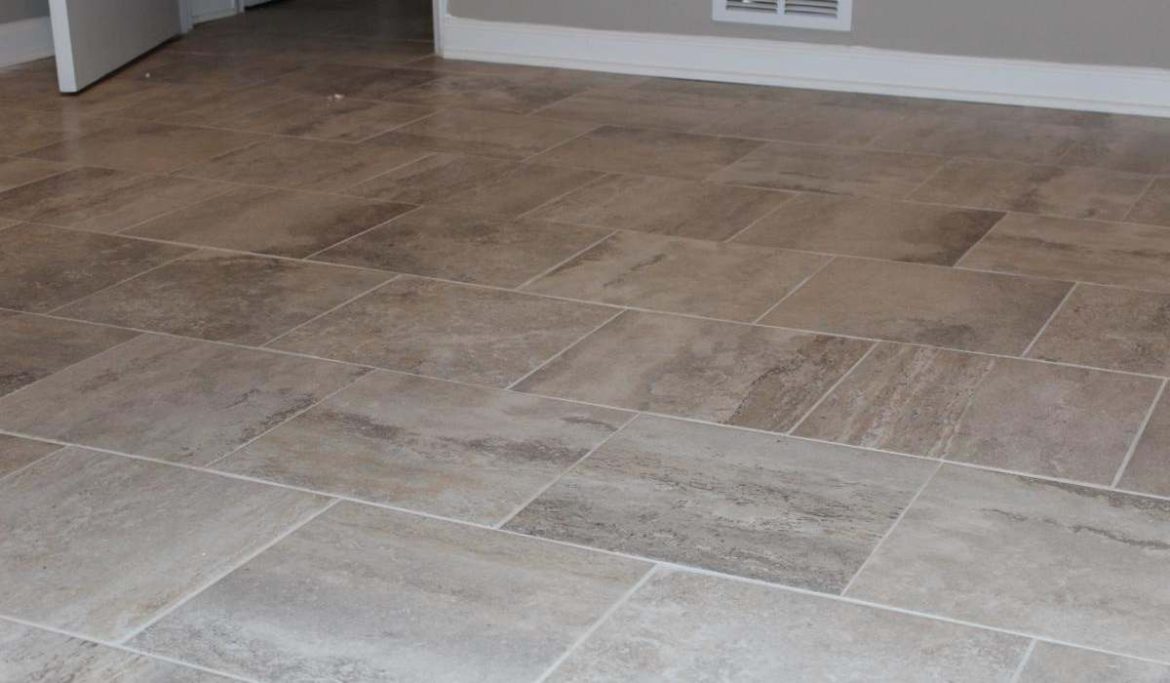
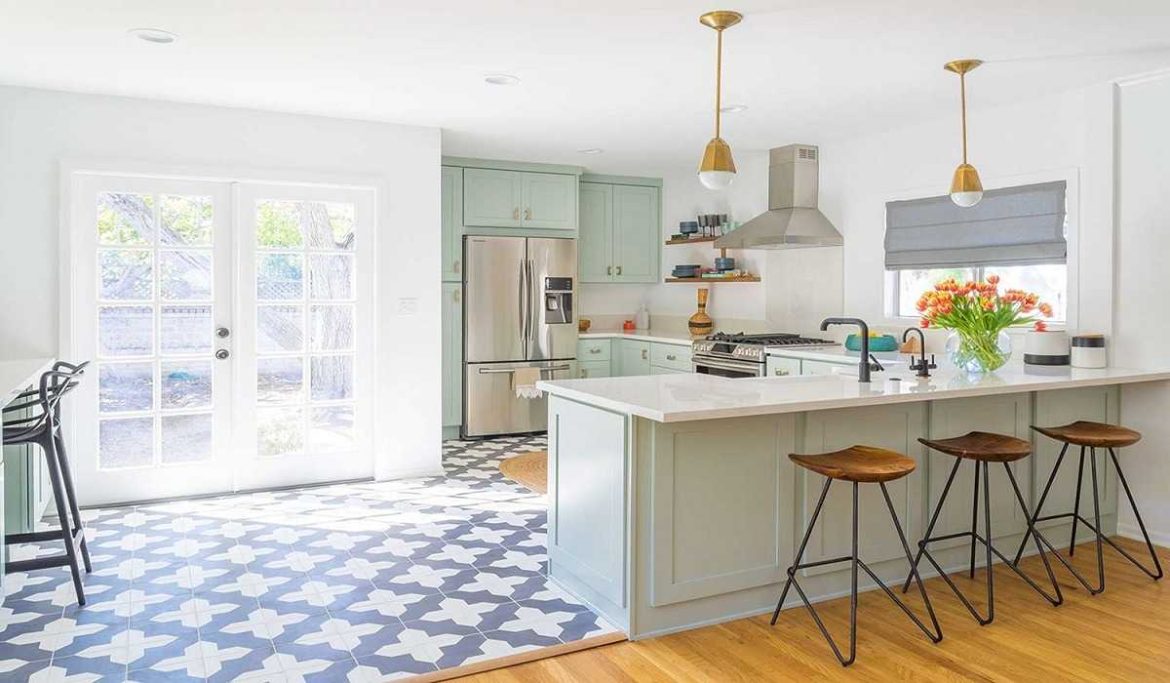
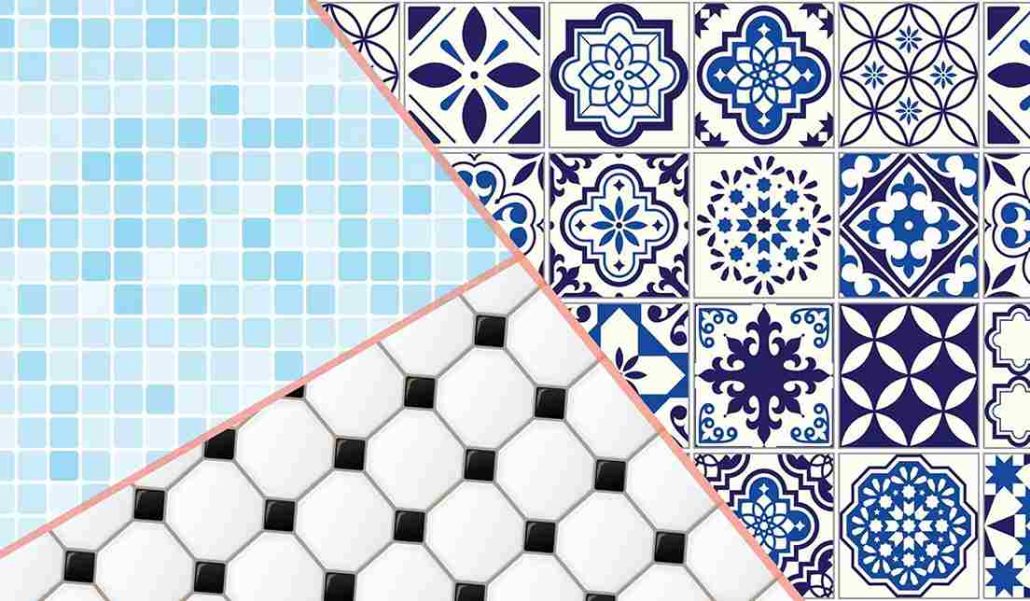
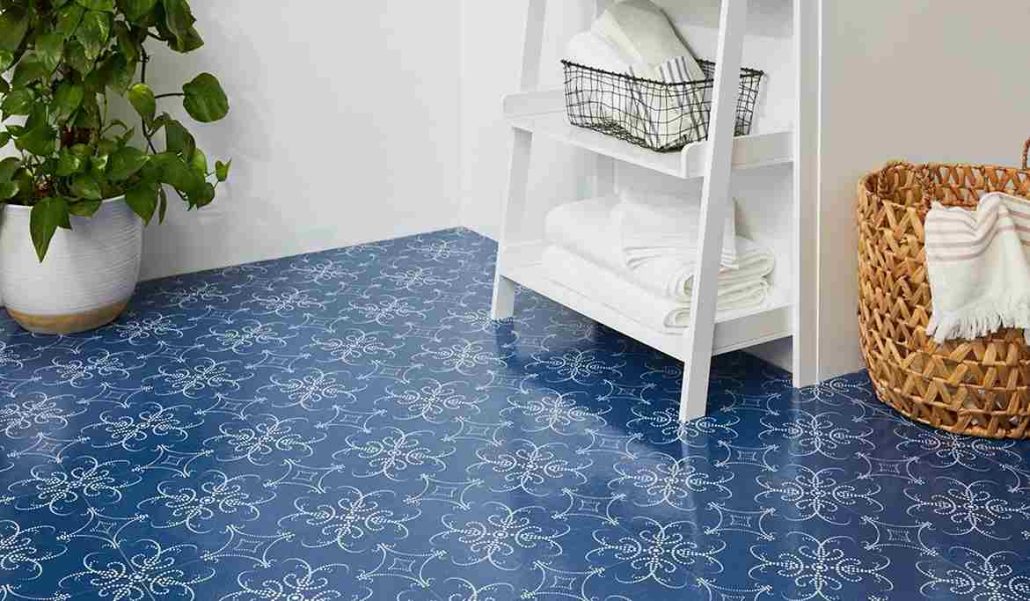
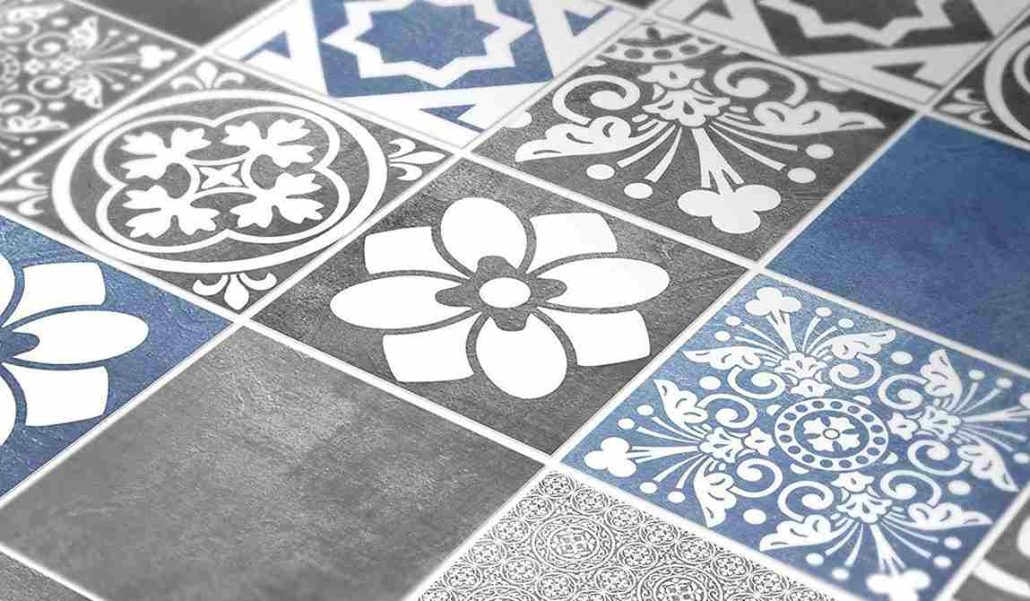
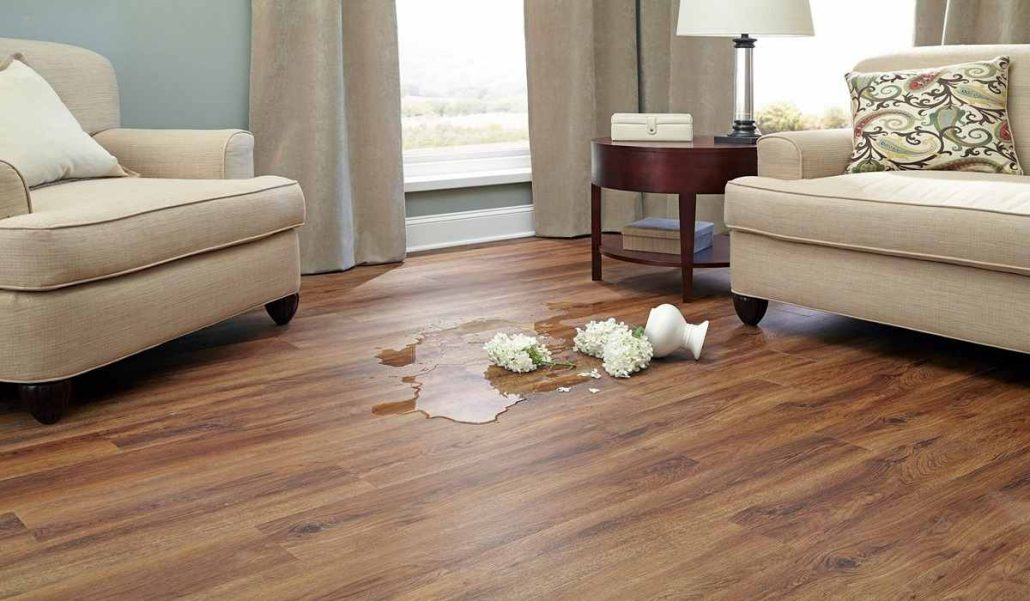
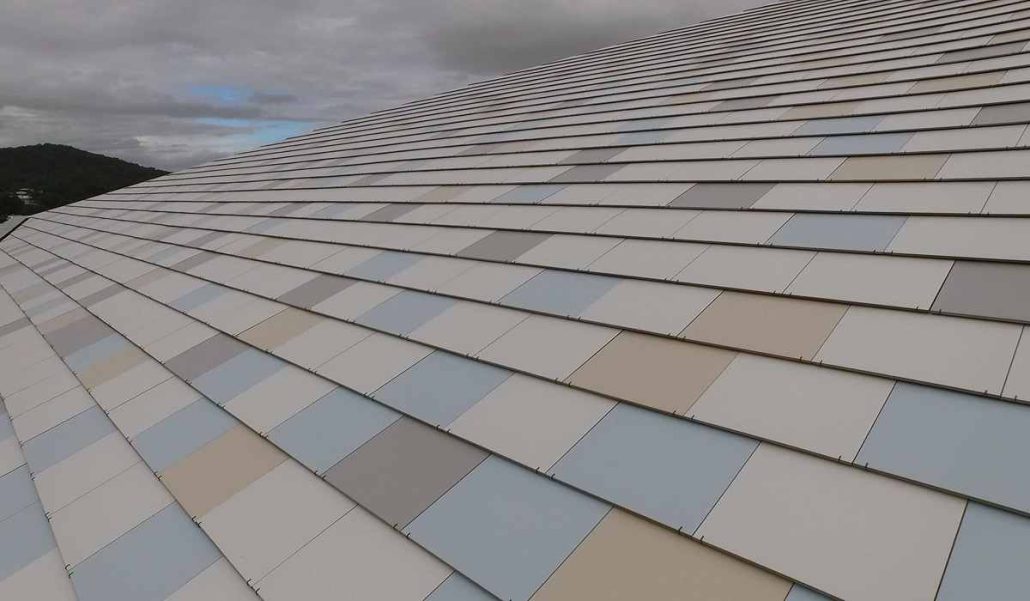
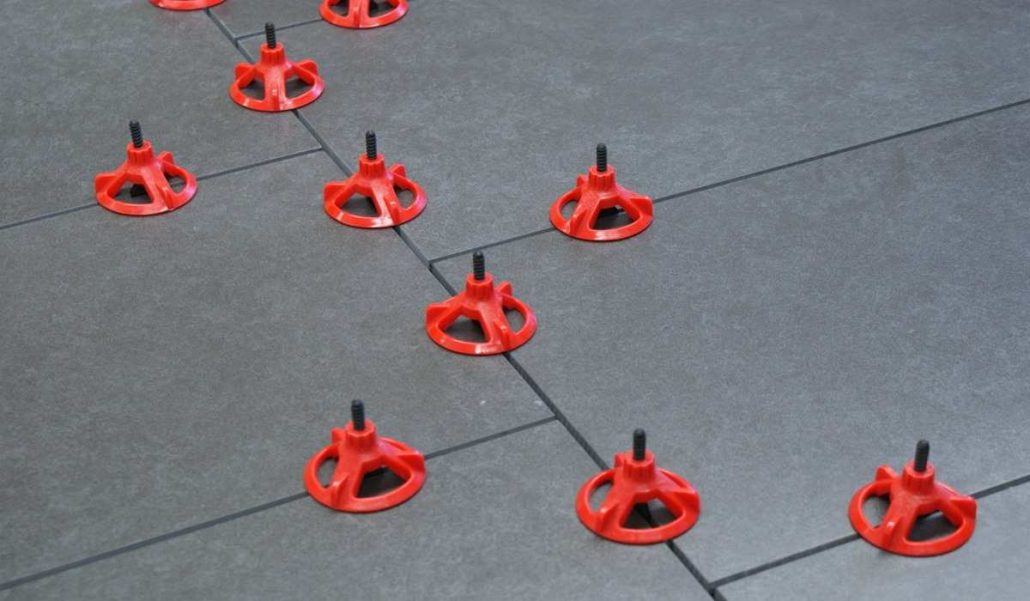
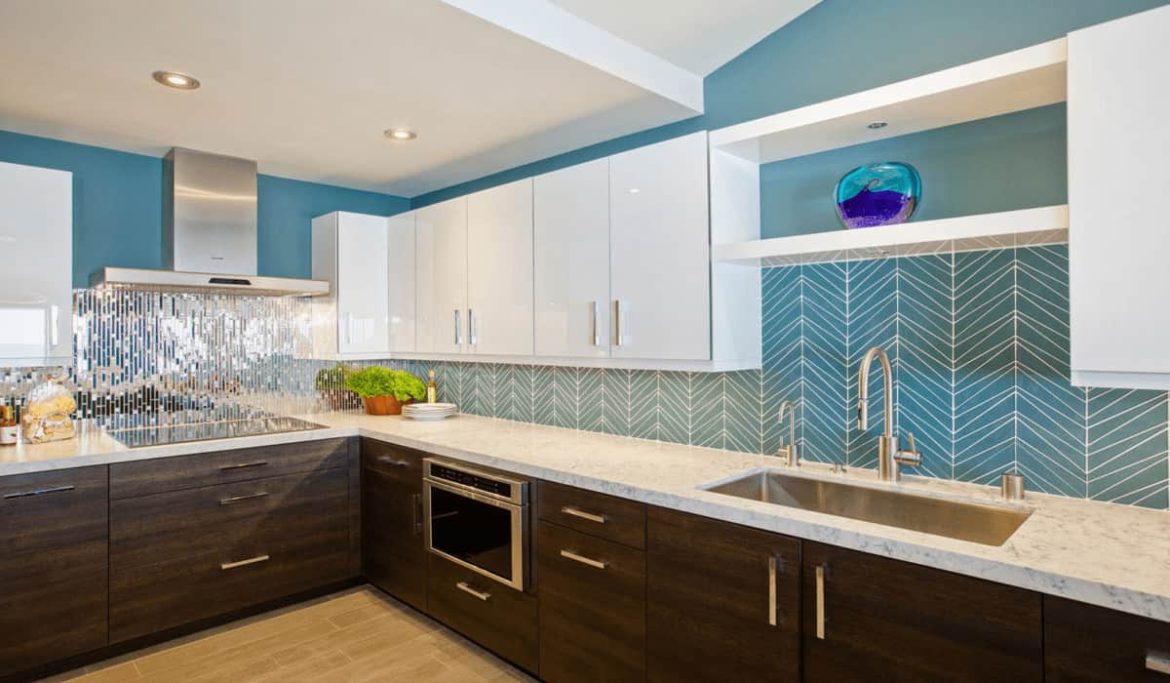
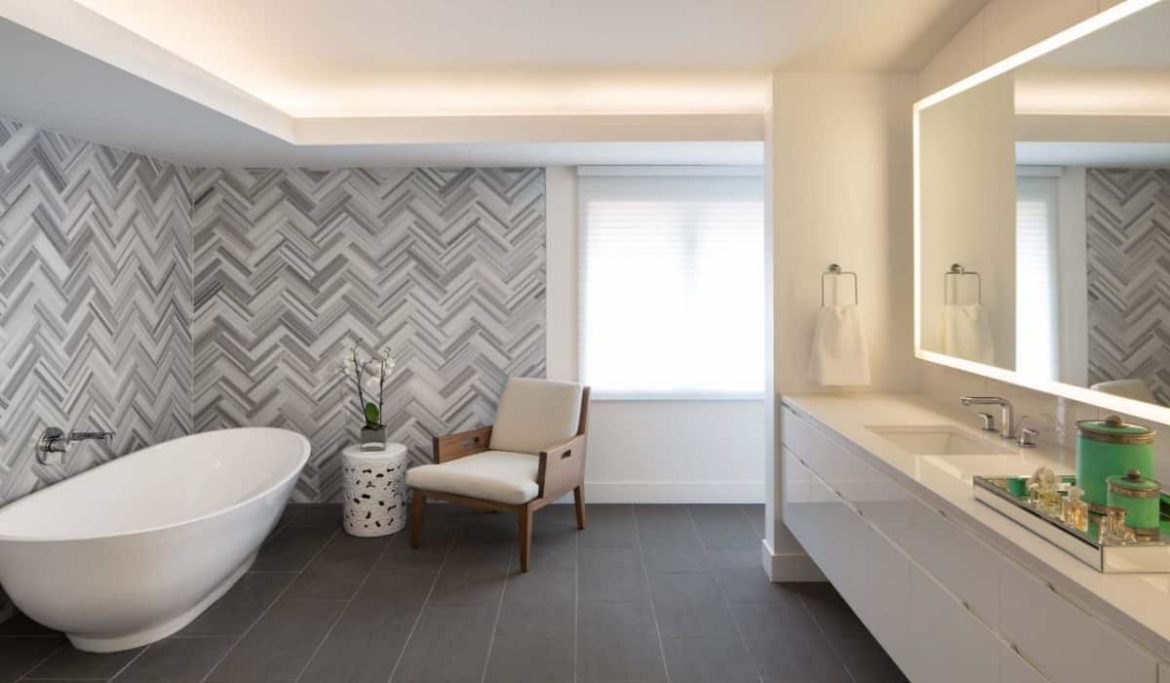
Your comment submitted.